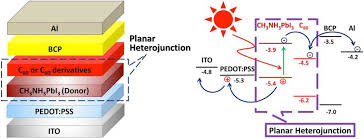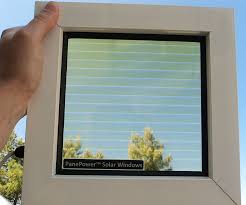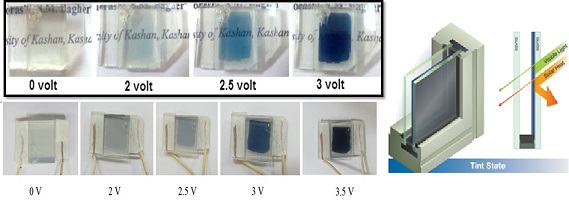| نویسندگان | مریم هاشمی,سیدمحمدباقر قریشی,فریبا تاج ابادی,نیما تقوی نیا |
|---|
| نشریه | MAT SCI SEMICON PROC |
|---|
| شماره صفحات | 1 |
|---|
| شماره مجلد | 126 |
|---|
| ضریب تاثیر (IF) | ثبت نشده |
|---|
| نوع مقاله | Full Paper |
|---|
| تاریخ انتشار | 2021-01-15 |
|---|
| رتبه نشریه | علمی - پژوهشی |
|---|
| نوع نشریه | الکترونیکی |
|---|
| کشور محل چاپ | ایران |
|---|
| نمایه نشریه | JCR |
|---|
چکیده مقاله
Herein, we deposited CuInSe2(CISe) thin films by using aqueous spray deposition method and post selenization process. The effect of different indium precursor salts including indium chloride, indium nitrate and indium acetate on the structural, morphological, optical and electrical properties of sprayed CISe layers has been studied by using x-ray diffraction (XRD), Field Emission Scanning Electron Microscopy (FESEM-EDS), optical transmission (UV–Vis), Mott-Schottky analysis, I–V dark measurements. Although all the deposited thin films show a chalcopyrite tetragonal ordering structure of CISe, the crystallinity, morphology, and electrical characteristics are strongly influenced by the type of indium salt. A highly compact film with large grains (500–1000 nm) can be obtained after selenization of deposited film from indium chloride precursor while indium nitrate precursor results in low grains size and indium acetate precursor leads to rough surfaces with very small grain size. According to Mott-Schottky results, all films are p-type with carrier concentration in the range of ~1017 cm−3 to ~1019 cm−3 and the smallest value of 2.8 × 1017 cm−3 is obtained for CISe film deposited from indium nitrate precursor. The XRD and J-V dark results revealed that the CISe films deposited from indium chloride precursor demonstrates better crystallinity and higher mobility relative to other precursors.




